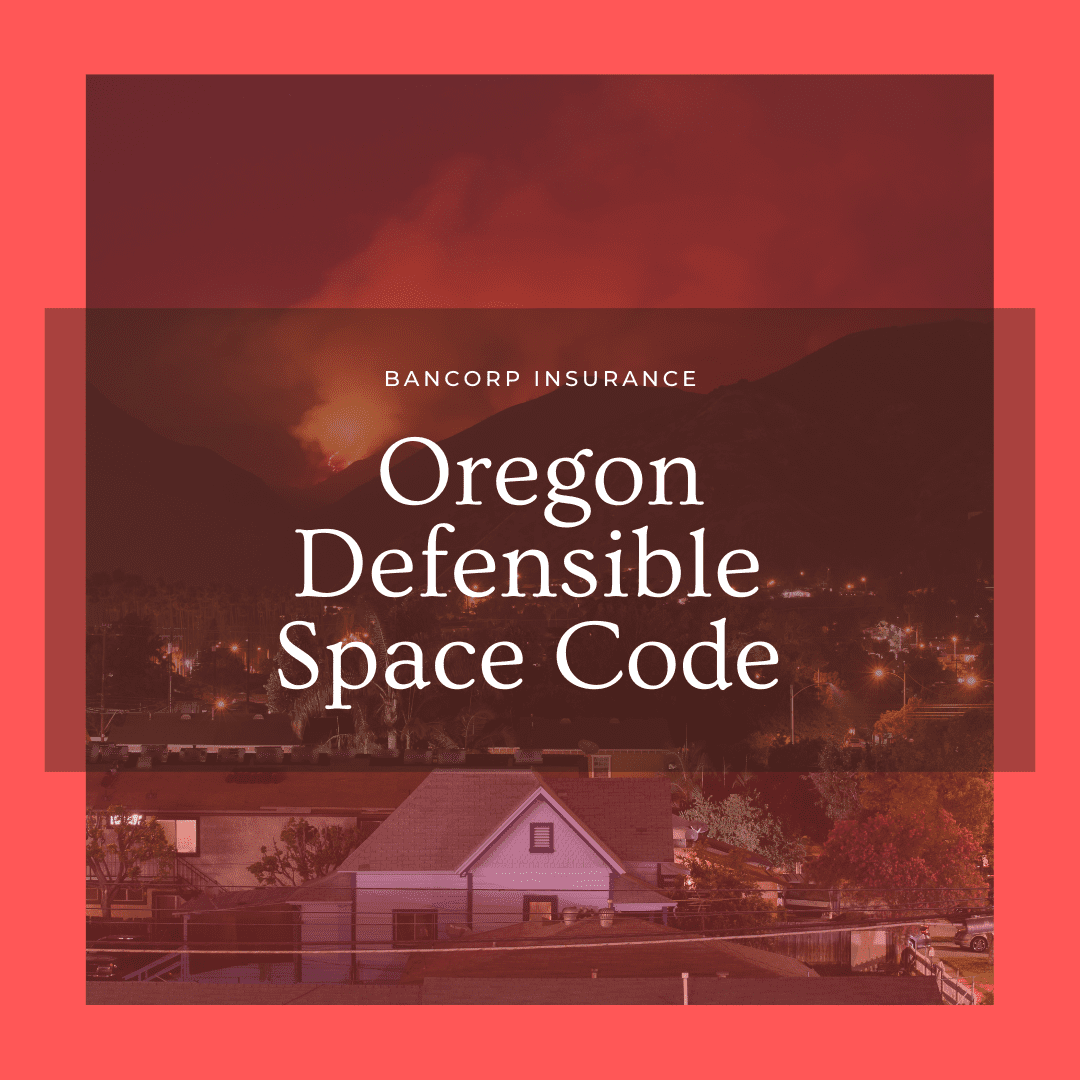Oregon Defensible Space Code Explained

Listen to the Podcast Where Cheri and Rex Explain the Oregon Defensible Space Code
Under Senate Bill 762, the Office of State Fire Marshal is mandated to adopt a statewide minimum defensible space code. The code is still in development and is set to be completed by December 31, 2022 and take effect in 2023.
Defensible space is designed to reduce the devastation of loss in the event of a wildfire by creating a barrier around your home that is free of combustible vegetation, mulch, low hanging trees, etc. The new code allows the State to enforce the groomed space around a dwelling in conjunction with an expansion or new build.
Recently several residents of Deschutes County received letters stating that their home was in an increased fire risk area and discussed the new senate bill and code. These letters were quite vague, so Cheri and Rex decided to do a podcast to help further explain what this means. You can listen to the full podcast above or watch it below.
When Does the Defensible Space Code Matter?
The new code will affect anyone that is going to build new construction, put on an expansion or add to existing structures, regardless of if they are a home or a business. The defensible space is the buffer you create between your business or home and the grass, trees, shrubs and wild land area that surround it. Proper space can slow or stop the spread of wildfire and to help protect your home or business. The entire point is to attempt to prevent a disaster like the Camp Fire in Paradise, CA in 2020. With a 30-foot barrier around your home, this type of devastation is less likely to happen.
Wildfire Risk Map
The recent communication regarding the new code suggests that everyone checkout the online interactive wildfire risk map. This map created in conjunction with the state fire marshal shows areas of the state that have an increased risk for wildfire.
While the new bill states that the defensible space code is still being developed, it’s probably safe to say that the areas of Oregon in orange and red for high and extreme wildfire risk, will likely have the most enforcement of defensible space when building.
How to Protect Your Home from Wildfire?
Part of this new defensible space code is awareness and education. The State of Oregon has released several resources for how to create and maintain a defensible space. Learn more about protecting your home from wildfire here.
How Does the Defensible Space Code Affect My Insurance?
What most people don’t know is that insurance companies and agents have been using fire maps for years. These maps break out areas into fire protection classes which are based around an audit the proximity of a dwelling to a fire department and their resources. Simply put, what is the scale from 1 to 10 that you are near a fire department that will be able to assist you and your home in the event of a fire.
During this audit they determine how bit the fire department is, how many engines and staff they have and what size of area they are protecting. Then they give the fire department a rating between 1 and 10. And, some departments can have more than one rating.
For example, in La Pine, if you are within a thousand fee of a fire hydrant then you can have a fire protection class of 4. But, there are areas that are five and some that are seven. If you’re more than five miles from a fire department and you don’t have a hydrant, then you’re probably going to be a protection class of a 9 or a 10. Insurance companies use these protection class codes as part of their rating.
If you are looking to relocate or purchase a new home, you can ask your realtor to contact your insurance agent and lookup what protection class your home would be in and provide you with insight on what your home insurance coverage might cost as a result of that code.
Additionally, an insurance carrier can research your home by looking it up on Google Maps or by sending out someone to survey the property and modify your rates based on the barrier or lack thereof that they see. So, it’s a good idea to learn about the defensible space around a home, how to create and maintain it because it will mostly likely affect you as a homeowner at one point or another as far as insurance is concerned.
Bancorp’s insurance experts are available to provide you with a free review and consultation. Contact Us – Bancorp Insurance Call 800-452-6826
Disclaimer: This content is provided for general information purposes and is not intended to be used in place of consultation with our agents.



